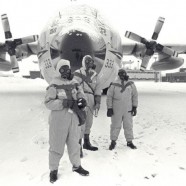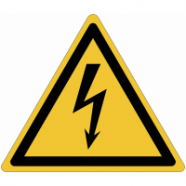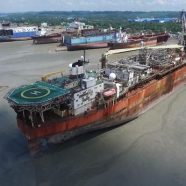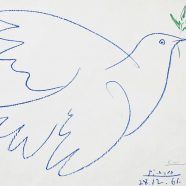Robin des Bois shipyard is launching the Shipbreaking #49
– Alert on knowingly wreckless towings of offshore platforms and discarded ships from Northern Europe to Turkey. The case of the two Maersk supply ships sunk off Brittany is dissected. Letter on this subject to the authorities concerned, including the two Maritime Prefects of the French Atlantic coast.
– The end of Shen Neng 1. In 2010, she polluted and degraded the Great Barrier Reef off Queensland, Australia, to gain 2 miles on a 4500-mile return voyage to China.
– The Rio Tagus has been stuck since 2010 or how the French government and the port of Sète are trying to get rid of a bulky wreck.
Maersk trapped by radioactivity
In accordance with a press release by Robin des Bois dated June 16, 2017 and with numerous prior reports in the NGO’s quarterly publication “Shipbreaking”, the Bangladesh Supreme Court has just banned the dismantling of the North Sea Producer, a former FPSO (Floating Production Storage Offloading), i. e. a floating plant used to refine and store crude oil extracted through offshore platforms.
Alang Bay under the radioactive threat of 3 European ships
In close succession, Alang Bay, Gujarat State, India, and the workers have welcomed three discarded ships belonging to European ship owners and liable to present “hot spots” of radioactivity.
1- The BBC Shanghai, a general cargo ship. She has been carrying nuclear waste, notably between France and Australia (Cf. “BBC Shanghai, a radioactive risk for Asia”, september 12, 2017)
2- The Atlantic Cartier, built in 1985 in Dunkirk, France. She flies the Swedish flag. She is a Ro Ro container ship able in her initial profile to ship 2100 boxes and 600 cars. She was jumboized in 1987. She suffered a major fire in Hamburg, Germany, during the night of May 1st, 2013.
2017 : The Bastille Day is nuclear
July 14, 2017. (9h26 Paris time).
Unfortunately France and the United States of America have published a joint statement to name the Treaty on the Prohibition of Nuclear Weapons as a nuisance and a threat to World peace. (1)
The Treaty on the Prohibition of Nuclear Weapons was adopted on July 7, 2017 by 122 States with support of the United Nations. It was inspired by the Convention on the Prohibition of Chemical Weapons initiated by France. It completes the Treaty on the Non-Proliferation of Nuclear Weapons and the Nuclear-Test-Ban Treaty. The preamble mentions not only the catastrophic consequences of use of nuclear ammunition but also the risk of accidental triggering.














